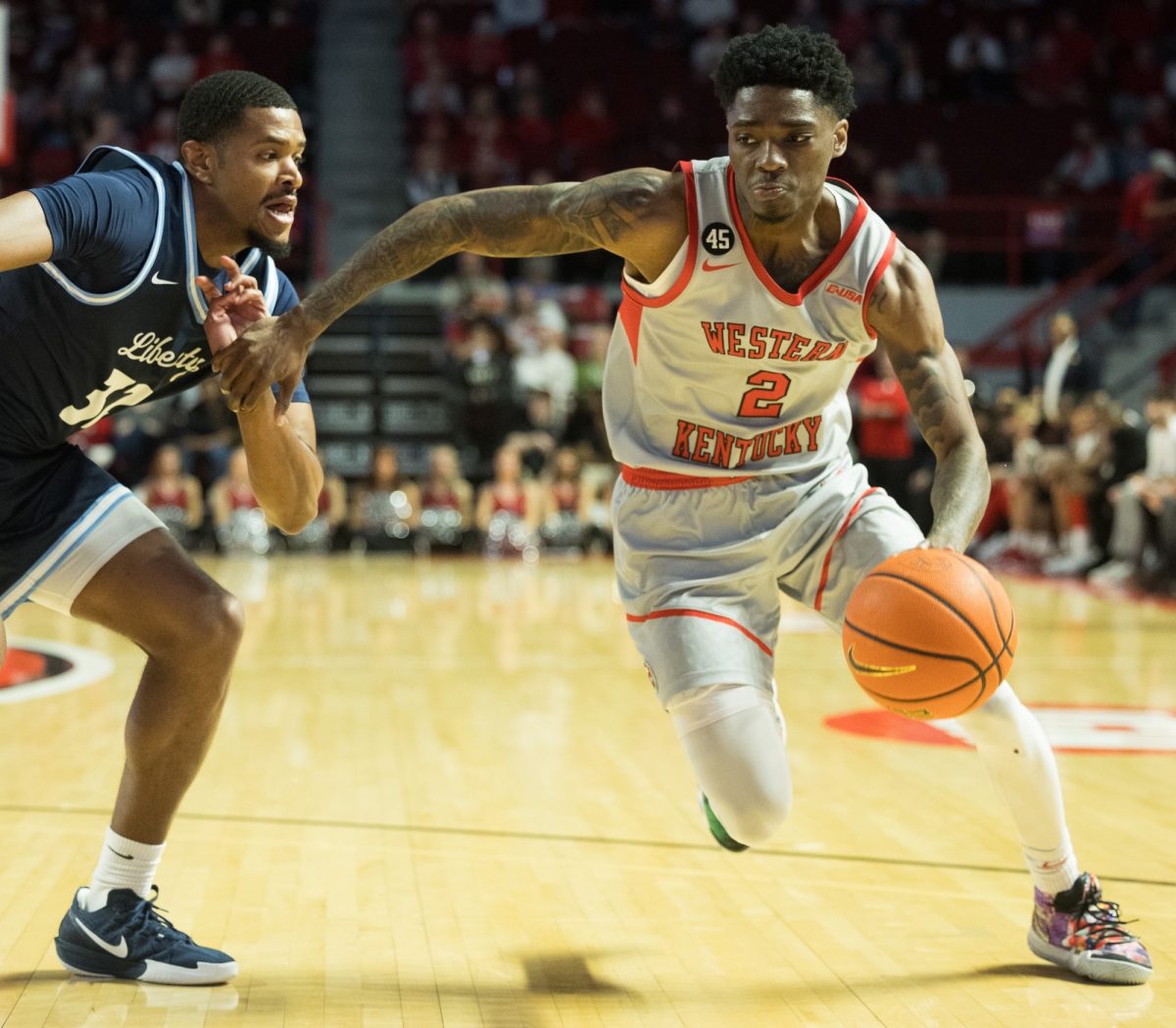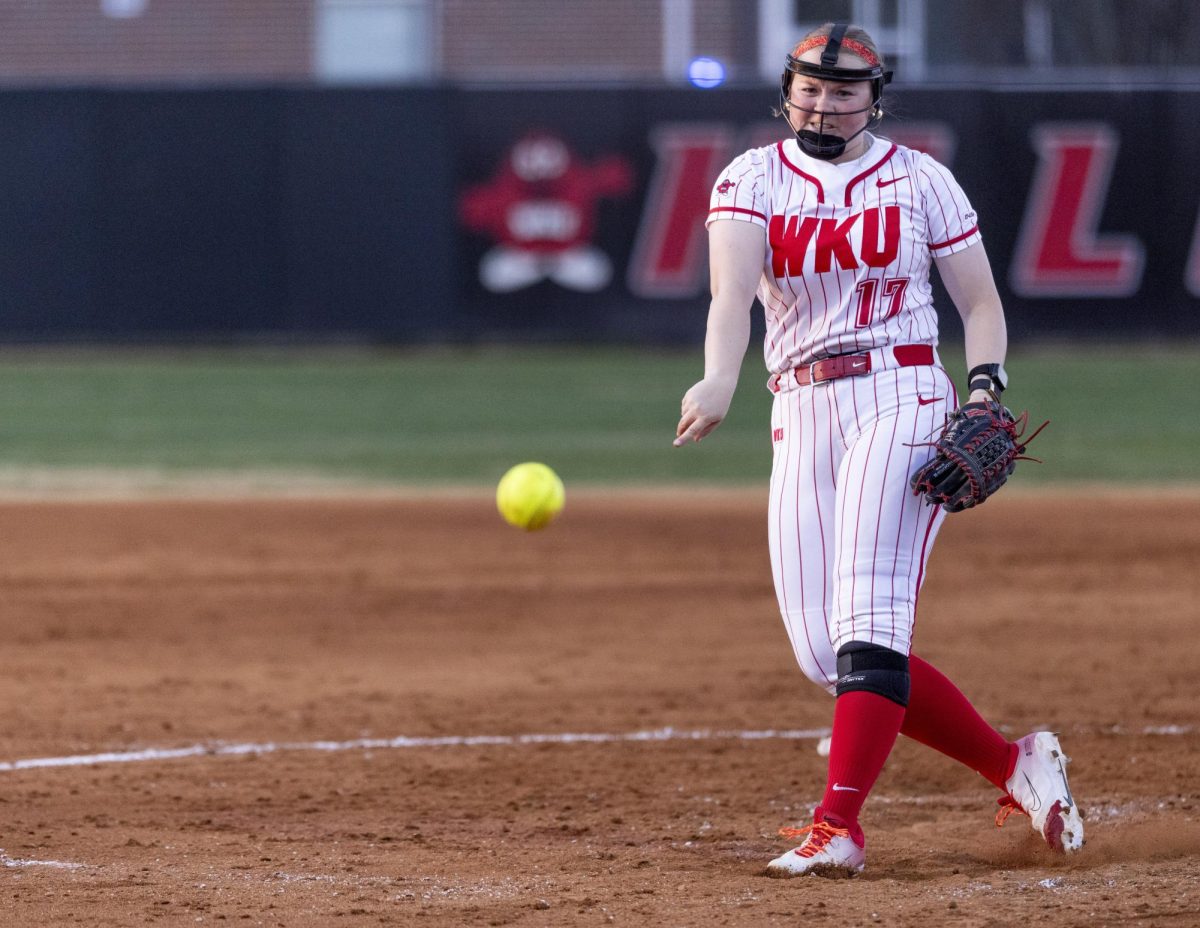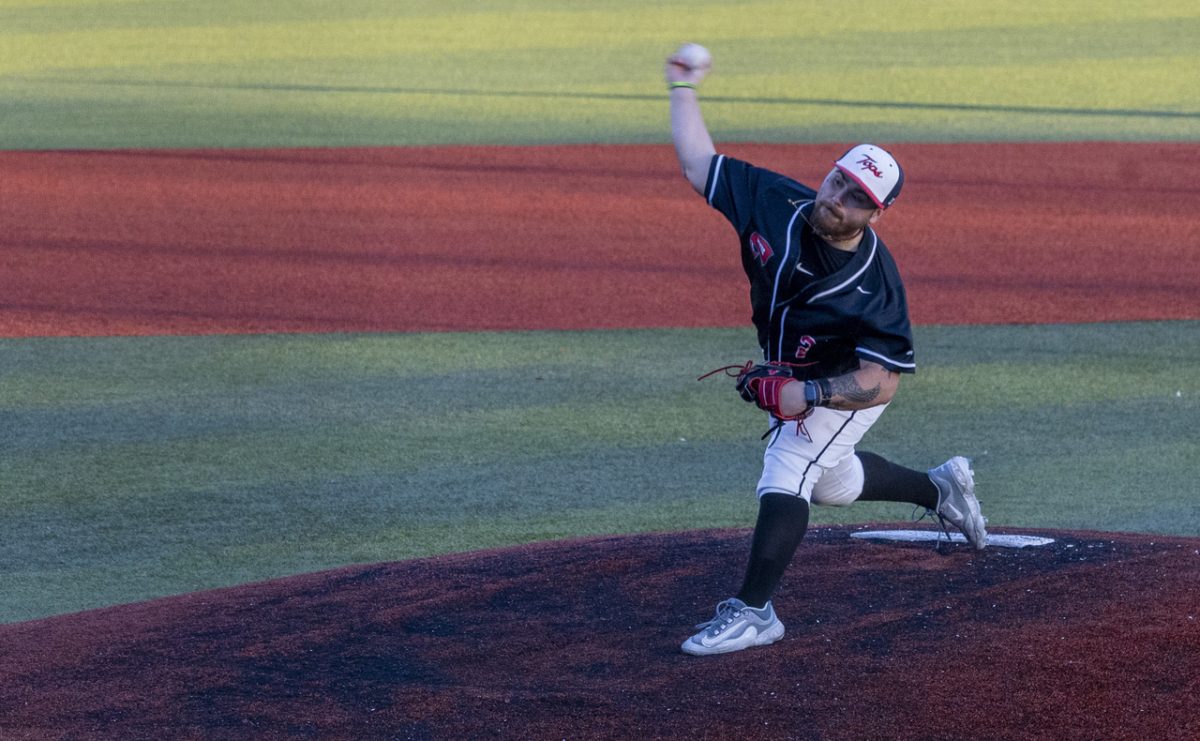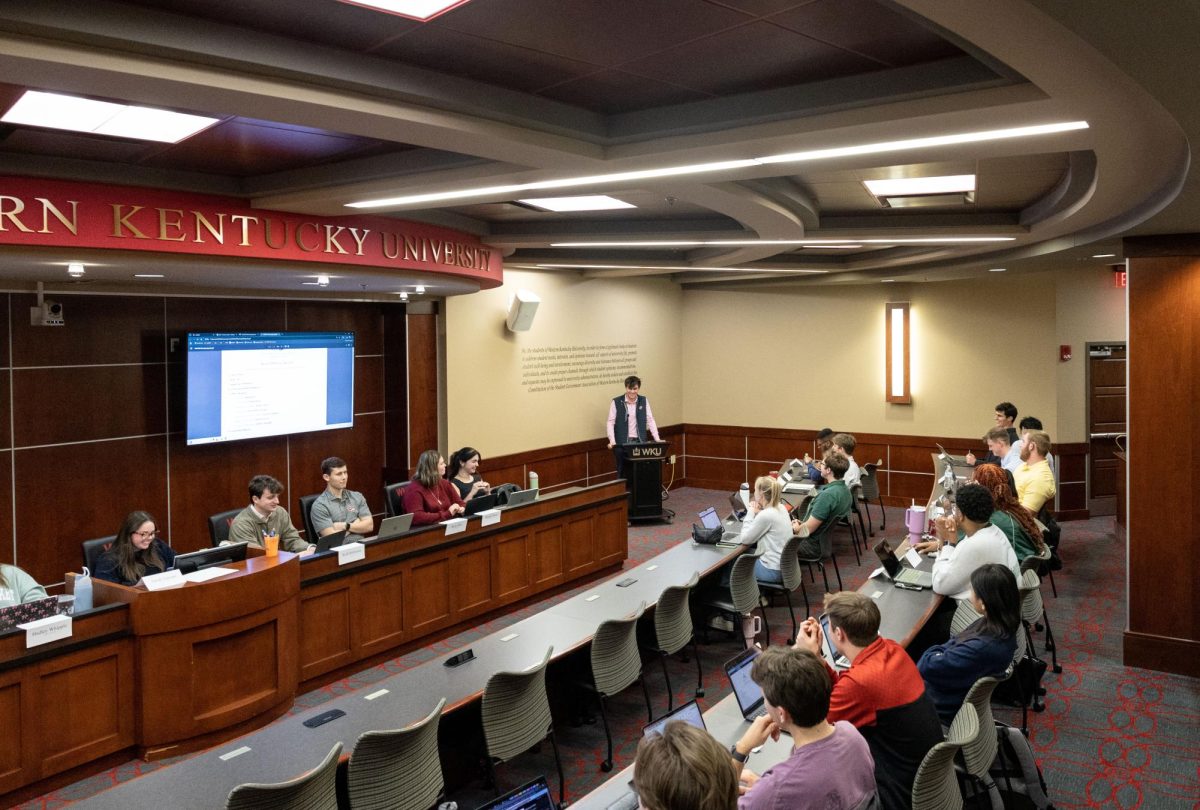‘We are in it to win it’: CITL prepares faculty for teaching distance learning courses
March 23, 2020
As WKU students prepare to switch to online classes for the rest of the Spring 2020 semester, the university’s Center for Innovative Teaching and Learning has been in frequent communication with faculty as they prepare to teach a distance learning version of their courses for the remainder of the semester.
Cheryl Stevens, the acting provost and vice president for academic affairs, said as of March 16, 400 faculty had participated in webinars that were hosted by CITL. Through the webinars, faculty were introduced to learning strategies that they could implement outside of a traditional setting. Faculty who are familiar with teaching online courses have volunteered to assist faculty who are not familiar with teaching on an online format, Stevens said.
“This has been an amazing show of collegiality, creativity, compassion, and sharing,” Stevens said in an email.
Marko Dumancic, the director of CITL, said that the webinars have provided instruction for how to use Zoom and Blackboard. He also said faculty have had to determine what online methods will work best for their students.
“It’s hard to predict how this is going to go in this unprecedented situation,” Dumancic said. “Converting classes to an online format is challenging.”
Students who are in the Ogden College of Science and Engineering will be utilizing Labster when completing virtual labs, Dumancic said. Students taking art courses will need to collect supplies they’ll need at home and some of these materials may be mailed to them, Dumancic said.
Dumancic said he’s been impressed by the resourcefulness of faculty.
“What faculty will learn here will translate into future semesters,” Dumancic said.
Sara Davis, a junior health sciences major from Glasgow, has helped moderate CITL’s webinars and worked with faculty who need to transfer course content over to Blackboard. She wants students to practice patience and expect struggles from faculty when they are teaching courses online.
“They’re trying as much as they can and as much as you are,” Davis said.
Dumancic said he wants students to know that faculty might have important obligations outside of the classroom, such as caring for older and younger family members.
If there is any silver lining we can learn from being stretched because of these unusual circumstances, it will be a greater sense of connection between faculty and students.
“We are in it to win it,” Dumancic said.
News reporter Leo Bertucci can be reached at leo.bertucci665@topper.wku.edu. Follow him on Twitter @leober2chee.















